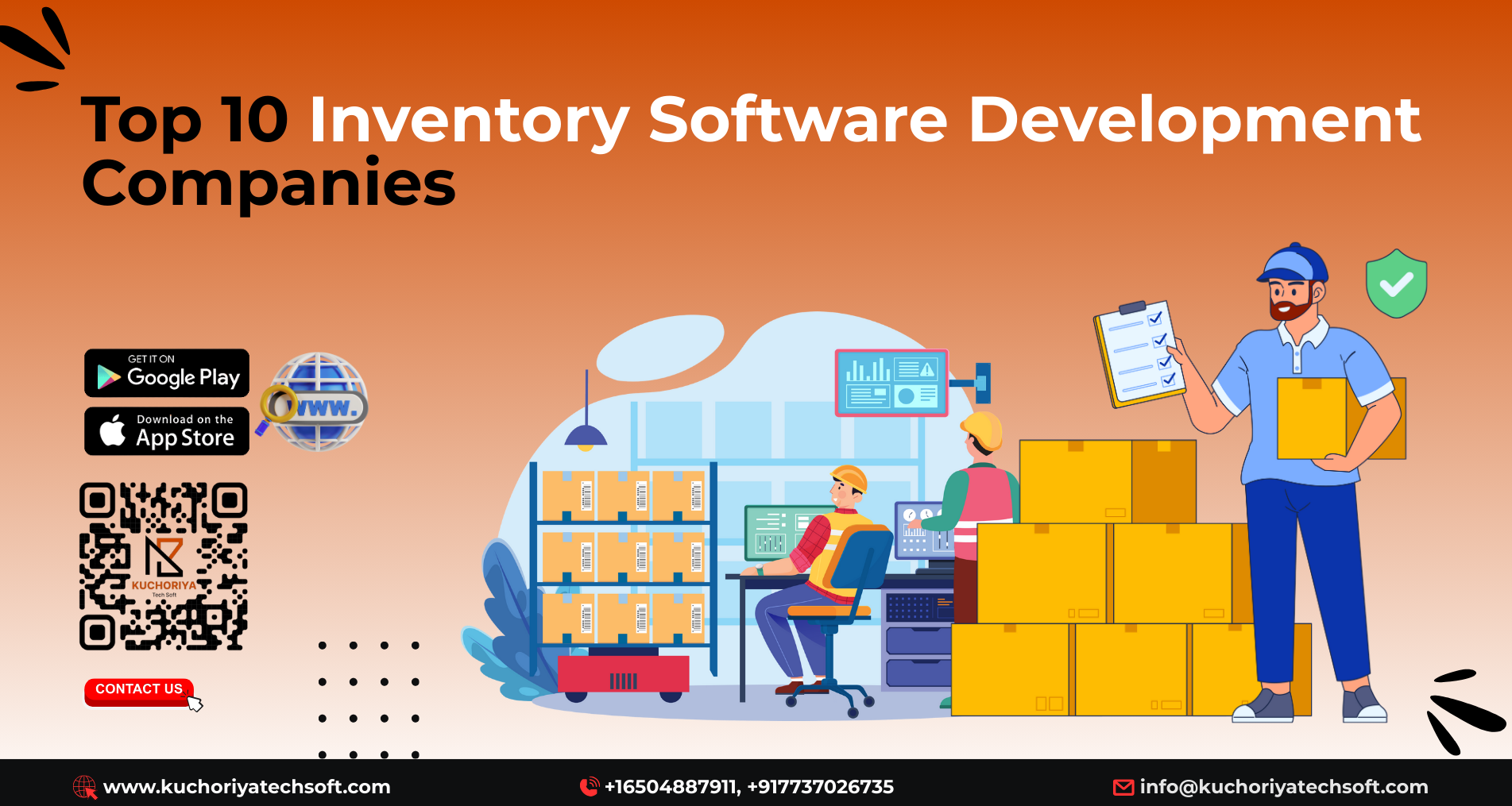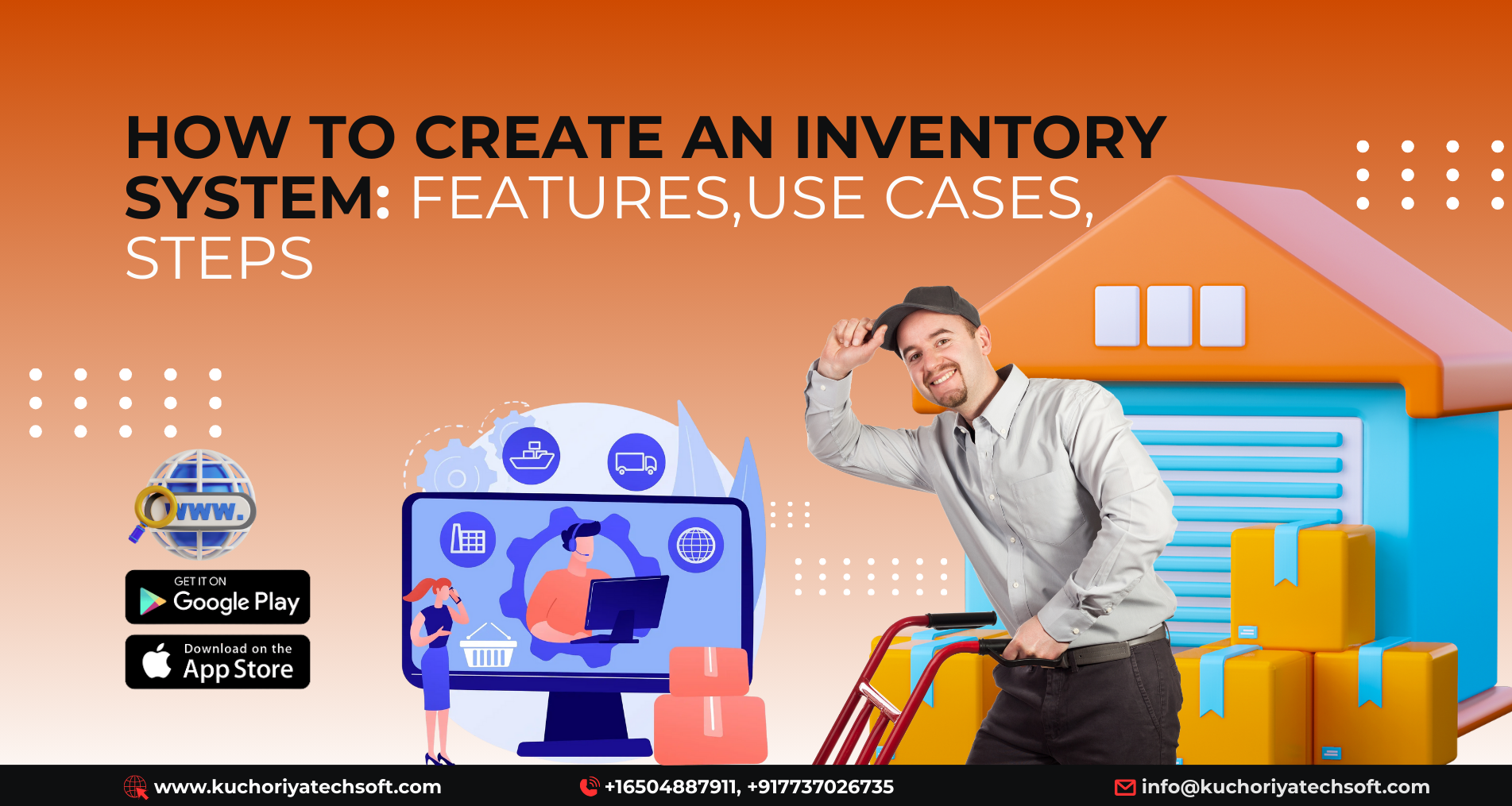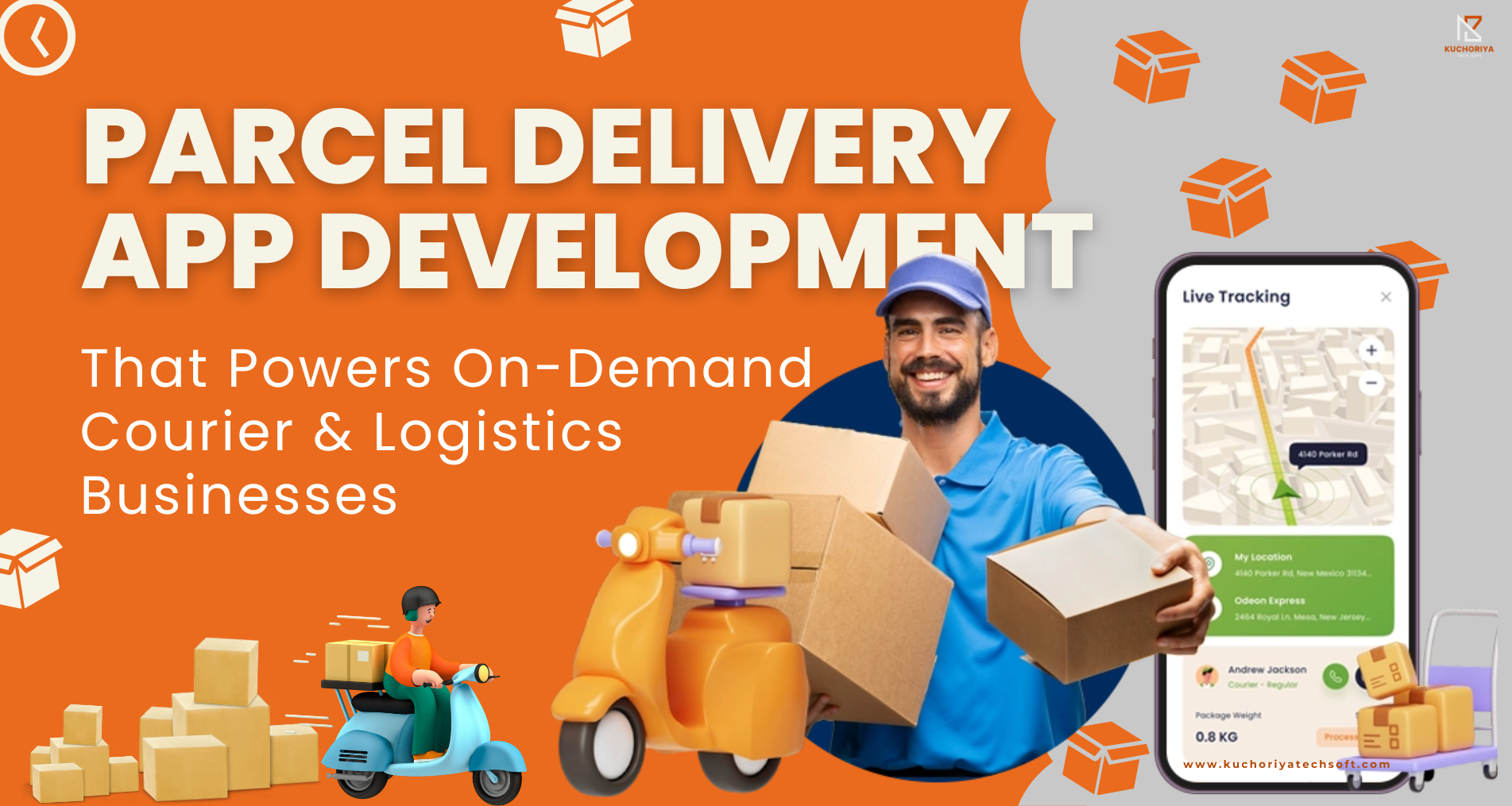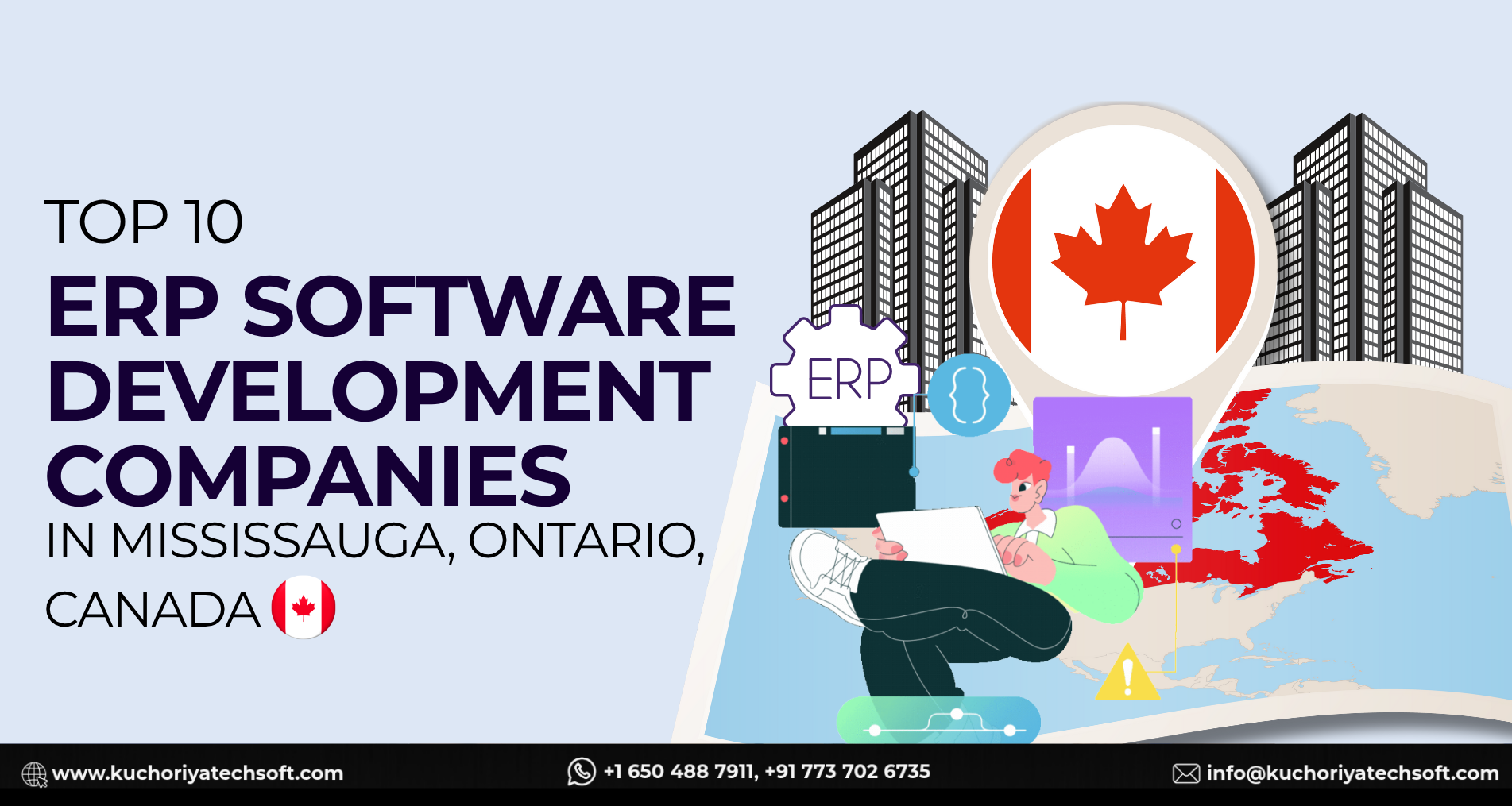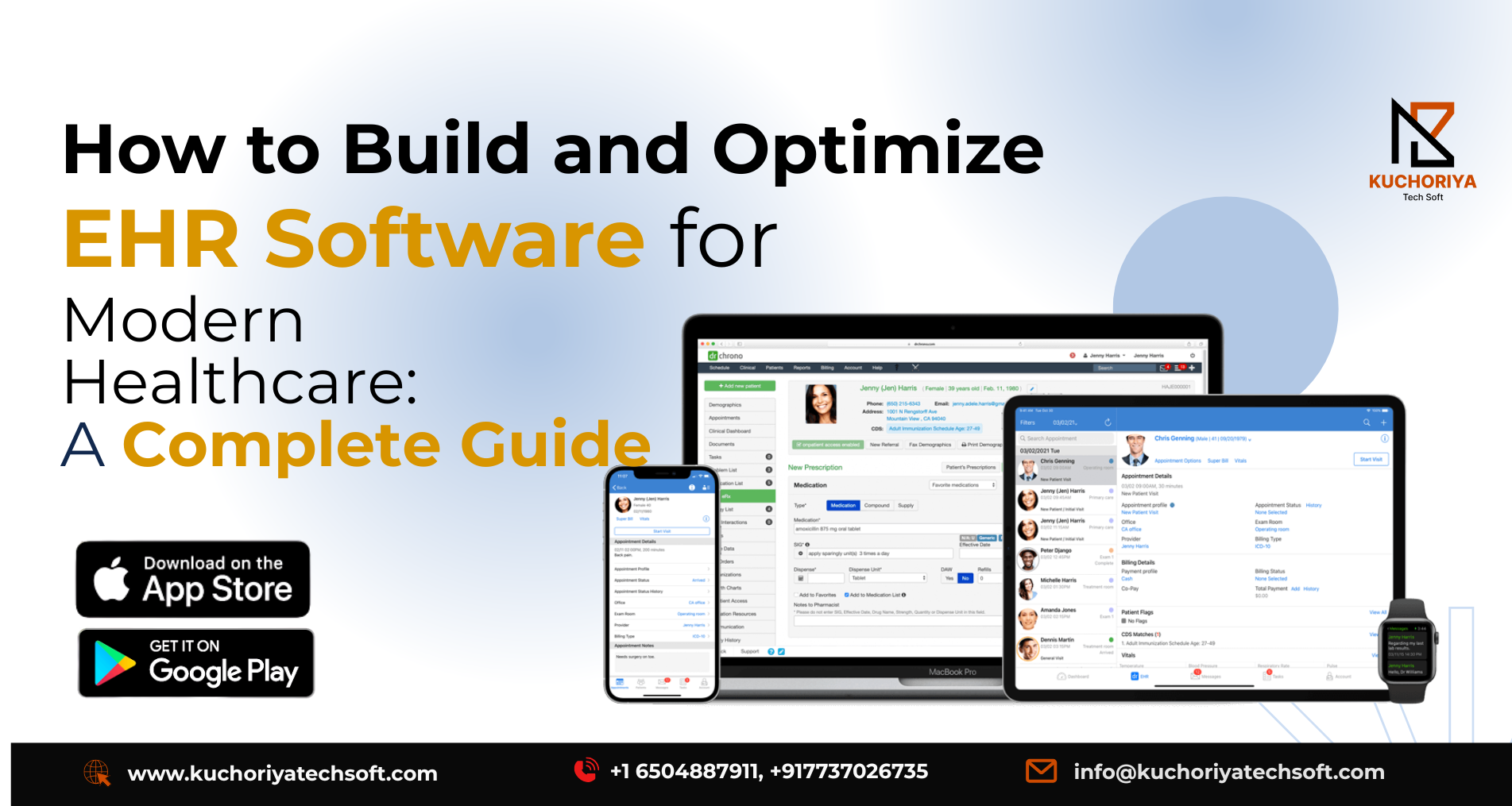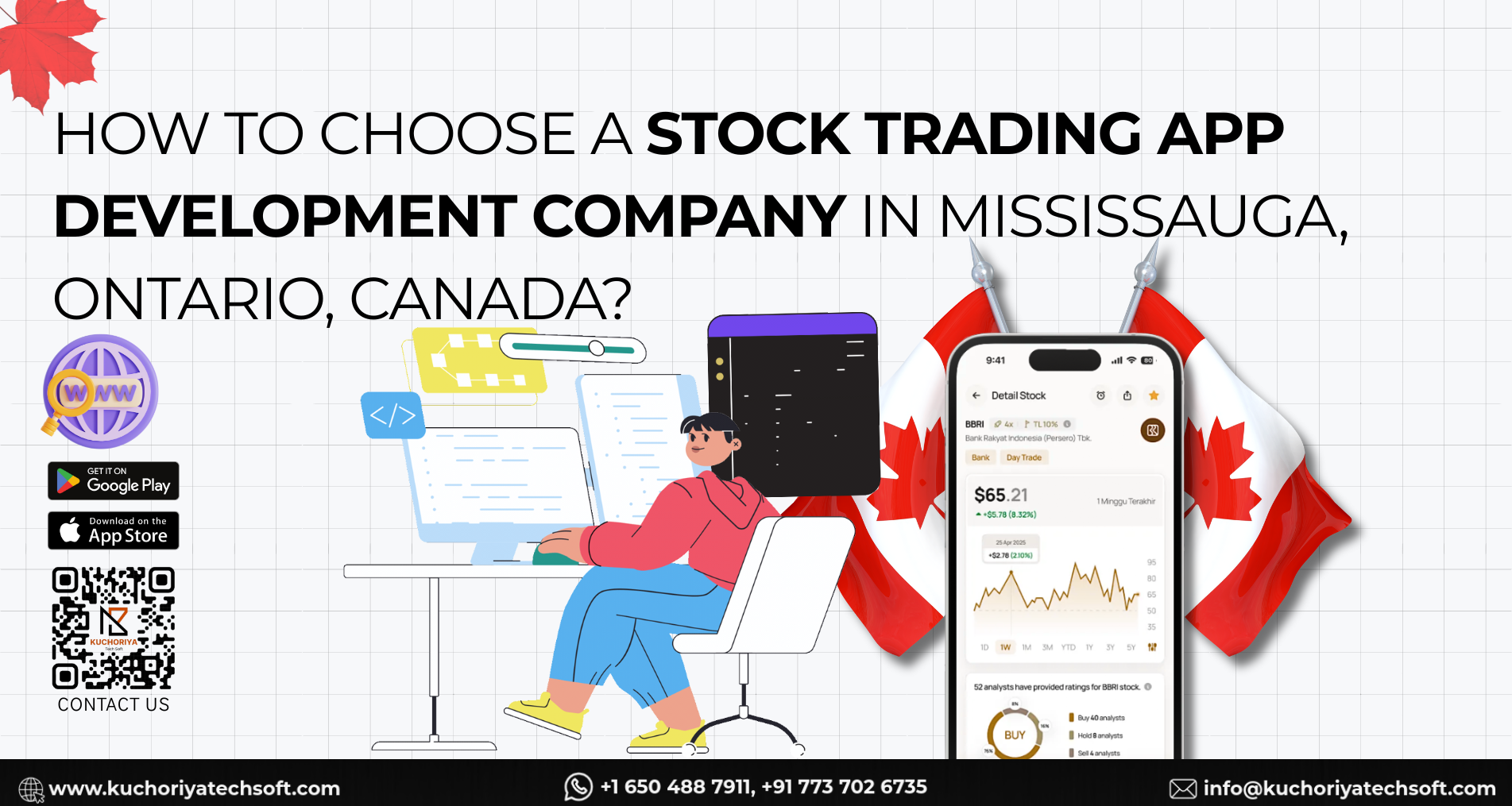Skilled Logistics & Transportation Software Development Company for 2024
The logistics and transportation industry will continue to evolve rapidly in 2024, fueled by technological advances. Software development firms play an important role in this transformation by providing innovative solutions that increase efficiency, lower costs, and improve customer satisfaction. This blog explores the importance of skilled logistics and transportation software development, emphasizing best practices, challenges, and benefits.
The logistics and transportation industry is concerned with moving goods and services from point A to point B. This includes transport, warehousing, inventory management, order fulfillment, and distribution. It is a complex ecosystem that necessitates meticulous coordination and management to ensure timely and cost-effective delivery.
The logistics and transportation industry is connected by a network of carriers, warehouses, and distribution centers. The key components include:
- Transportation: Goods are moved using a variety of modes, including road, rail, air, and sea.
- Warehousing: Storage facilities where inventory is managed prior to distribution.
- Order Fulfillment: Receive, process, and deliver orders to customers.
- Inventory Management: Inventory levels are monitored and managed to meet demand without overstocking.
- Distribution: The process of transporting products from warehouses to final customers or retail locations.
Operating without technology in the logistics and transportation industry can pose a number of challenges:
- Inefficiency: Manual procedures are time-consuming and prone to error.
- High costs: Labor and operational inefficiencies have resulted in higher costs.
- Poor Visibility: Limited tracking and monitoring capabilities, resulting in delays and mismanagement.
- Lack of Integration: Difficulty synchronizing various supply chain components.
- Customer Dissatisfaction: Delays and errors can result in dissatisfied customers and lost revenue.
1. Transportation Management Systems (TMS)
How it Works: By integrating with carrier systems, TMS automates and streamlines shipment planning and execution.
2. Fleet Management Systems (FMS)
How it Works: Using GPS and telematics, FMS provides comprehensive data analytics and reporting for better fleet efficiency.
3. Warehouse Management Systems (WMS)
How it Works: WMS uses barcode scanning, RFID, and IoT devices to ensure real-time inventory visibility and accuracy.
4. Supply Chain Management (SCM) Software
How it Works: SCM integrates with ERP and other enterprise systems to synchronize supply chain activities and data.
5. Last-Mile Delivery Solutions
How it Works: Leveraging AI and GPS, these solutions optimize delivery routes and provide real-time updates to customers.
6. Freight Management Systems
How it Works: These systems automate the freight booking process and provide visibility into shipment status and costs.
7. Custom Logistics Solutions
How it Works: Custom solutions are developed based on a company's specific needs, ensuring seamless integration with existing systems.
8. Inventory Management Systems
How it Works: Using real-time data, inventory management systems help maintain optimal stock levels and reduce holding costs.
9. Customs Management Software
How it Works: By integrating with customs authorities, these solutions ensure accurate and timely submission of customs declarations.
10. Logistics Analytics and Reporting Tools
How it Works: Using data analytics and visualization techniques, these tools help companies make informed decisions and identify areas for improvement.
Transportation Management Systems (TMS):
Transportation Management Systems (TMS) are comprehensive software solutions for managing and optimizing the transportation of goods and materials from point A to point B. TMS software typically includes features like route planning, load optimisation, carrier management, freight auditing, and tracking and tracing capabilities. These systems assist logistics companies in streamlining their transportation processes, cutting costs, and improving delivery efficiency.
Fleet Management Systems:
Fleet Management Systems (FMS) are software solutions designed to manage and monitor a fleet of vehicles or assets. These systems provide real-time information about vehicle location, status, and performance metrics such as fuel consumption, maintenance schedules, and driver behavior. Logistics companies use fleet management software to optimize fleet operations, improve driver safety, and reduce operational costs.
Warehouse Management Systems (WMS):
Warehouse Management Systems (WMS) are software solutions for automating and optimizing warehouse operations such as inventory management, order fulfillment, and warehouse layout optimization. Inventory tracking, order picking and packing, receiving and shipping management, and warehouse layout design tools are among the features available in WMS software. These systems help logistics companies increase warehouse efficiency, reduce errors, and improve customer satisfaction.
Supply Chain Management (SCM) Software:
Supply Chain Management (SCM) software refers to a set of software solutions that optimize and manage various aspects of the supply chain, from procurement and production to distribution and delivery. Demand forecasting, inventory optimization, supplier management, and order fulfillment are some of the features of SCM software. These systems assist logistics companies in improving supply chain visibility, reducing lead times, and increasing overall supply chain efficiency.
Last-Mile Delivery Solutions:
Last-Mile Delivery Solutions concentrate on improving the final leg of the delivery process, from distribution centers to end users. These solutions frequently include route optimization tools, delivery tracking capabilities, and customer communication features to ensure that goods arrive on time and efficiently. Last-mile delivery software enables logistics companies to improve delivery accuracy, shorten delivery times, and boost customer satisfaction.
Custom Software Solutions:
In addition to off-the-shelf software solutions, many logistics companies prefer custom software development to address specific business challenges or needs. Custom software solutions can be tailored to a logistics company's specific needs, whether it's automating manual processes, integrating with existing systems, or developing specialized features. Custom software development provides flexibility and scalability, allowing logistics companies to adapt and grow as their operations change.
The logistics and transportation industries are undergoing a significant transformation, which is being driven by the integration of advanced technologies. These innovations not only streamline operations, but they also improve overall efficiency, lower costs, and increase customer satisfaction. Here are the top five advantages of incorporating technology into the logistics and transportation industries:
1. Enhanced Efficiency
Feature: Automation and Real-Time Data Access
Description: Technology allows for the automation of a variety of logistics processes, including inventory management and order fulfillment. Automated systems reduce the need for manual labor, reducing errors and speeding up processes. Real-time data access ensures that all stakeholders have up-to-date information, which allows for better decision-making and coordination.
Automation: Data entry, inventory tracking, and shipment processing are examples of repetitive tasks that can be automated.
Real-Time Tracking: Provides current shipment status, inventory levels, and delivery times.
Impact: Increased efficiency results in faster processing times, lower labor costs, and higher service quality.
2. Cost Reduction
Feature: Optimized Routes and Inventory Management
Description: AI and machine learning are advanced technologies that analyze massive amounts of data to determine the most efficient routes and optimize inventory levels. This saves fuel, lowers transportation costs, and reduces the possibility of overstocking or stockouts.
Route Optimization: Uses algorithms to determine the most efficient delivery routes, saving time and fuel.
Inventory Management: Ensures optimal stock levels, reducing storage costs and preventing losses due to excess inventory.
Impact: Cost reduction enhances profitability and allows businesses to offer competitive pricing.
3. Improved Visibility
Feature: End-to-End Tracking and Monitoring
Description: IoT, RFID, and GPS technologies provide comprehensive visibility throughout the supply chain. Businesses can track the location and condition of goods in real-time, ensuring timely deliveries and lowering the risk of lost or damaged shipments.
IoT and RFID: Track the movement and condition of goods throughout the supply chain.
GPS Tracking: Monitors vehicle locations and delivery progress in real time.
Impact: Enhanced visibility leads to better supply chain management, increased transparency, and higher customer satisfaction.
4. Better Customer Service
Feature: Accurate Delivery Times and Communication
Description: Technology enables accurate shipment tracking and timely customer communication. Automated notifications and updates keep customers informed about their orders, which reduces uncertainty and builds trust.
Real-Time Notifications: Keeps customers informed about the status of their orders.
Improved Communication: Facilitates direct communication between customers and service providers.
Impact: Better customer service results in higher customer satisfaction, repeat business, and positive reviews.
5. Scalability
Feature: Cloud-Based and Modular Solutions
Description: Cloud-based technologies and modular software solutions enable logistics and transportation companies to scale operations with ease. As business demands grow, these technologies can be easily expanded or customized to meet new needs without requiring significant infrastructure investments.
Cloud-Based Solutions: Provide scalable infrastructure that grows with the business.
Modular Software: Allows for easy addition of new features and capabilities as needed.
Impact: Scalability ensures that businesses can adapt to changing market conditions and growth opportunities without disruption.
The logistics and transportation industry relies heavily on technology to streamline operations, optimize routes, track shipments, and increase overall efficiency. To meet the industry's unique requirements, software developers use a set of technologies known as the tech stack. Here's a breakdown of the important components of a tech stack for logistics and transportation businesses in software development:
1. Front-End Technologies
Description: Front-end technologies are in charge of designing the user interface (UI) and facilitating interactions between users and logistics software. This includes web apps, mobile apps, and other user interfaces.
HTML, CSS, JavaScript: Standard technologies for building the structure, style, and behavior of web pages.
React, Angular, Vue.js: Front-end frameworks for building interactive and responsive user interfaces.
React Native, Flutter: Frameworks for developing cross-platform mobile applications.
2. Back-End Technologies
Description: Back-end technologies are responsible for server-side logic and database management in logistics software. They oversee data storage, processing, and communication between the front end and various external systems.
Node.js, Django, Flask: Server-side frameworks for building scalable and efficient back-end systems.
Express.js, FastAPI: Lightweight frameworks for building RESTful APIs and handling HTTP requests.
MongoDB, PostgreSQL, MySQL: Databases for storing and retrieving structured and unstructured data related to logistics operations.
3. Real-Time Communication
Description: Real-time communication technologies allow for instant data exchange and collaboration among logistics stakeholders. They allow for live tracking, status updates, and real-time notifications.
WebSockets: Protocol for establishing and maintaining a persistent, bidirectional connection between client and server.
Socket.IO, SignalR: Libraries for implementing real-time communication features in web and mobile applications.
4. Geolocation and Mapping
Description: Geolocation and mapping technologies provide accurate location data and enable route optimization, geofencing, and tracking functionalities crucial for logistics operations.
Google Maps API, Mapbox API: APIs for integrating maps, geocoding, and routing features into logistics applications.
Leaflet.js: Open-source JavaScript library for interactive maps and geospatial applications.
5. Security
Description: Security is paramount in logistics software to protect sensitive data, prevent unauthorized access, and ensure compliance with industry regulations.
SSL/TLS: Protocols for encrypting data transmitted between client and server to ensure secure communication.
OAuth, JWT: Authentication and authorization mechanisms for securing APIs and controlling access to resources.
Investing in software development is critical in the logistics and transportation industries to remain competitive and meet the changing needs of customers. The cost of software development varies depending on several factors, including project complexity, feature requirements, and technology used. Here's a breakdown of the key cost considerations in software development for the logistics and transportation industry:
- Feature Set Complexity: The complexity and breadth of required software features have a significant impact on development costs. More sophisticated features, such as real-time tracking, route optimization, and inventory management systems, may necessitate additional development time and resources, raising costs.
- Design and User Experience (UX): The success of logistics software is heavily dependent on its design. Investing in intuitive and user-friendly interfaces may necessitate additional design and development efforts, adding to overall project costs.
- Back-End Development Complexity: The back-end infrastructure's complexity, which includes database management, server setup, and API development, has an impact on development costs. Back-end systems that are highly scalable and robust are often more expensive to develop.
- Front-End Development: Front-end development entails designing the user interface and ensuring a consistent user experience across multiple devices and platforms. The complexity of front-end development influences project costs, with more complex designs and interactions necessitating more resources.
- Geographical Location of the Development Team: The location of the development team influences software development costs. Development teams in lower-cost regions may offer more competitive pricing than teams in higher-cost regions.
While the cost of software development in the logistics and transportation industries can vary greatly, it is critical to consider the long-term benefits and ROI of investing in custom software solutions tailored to your company's specific requirements.
The right software development company is critical to the success of your logistics and transportation business. Here are some key factors to consider when choosing a software development partner.
- Industry Experience: Look for a software development company that has experience creating solutions specifically for the logistics and transportation industries. The development team's industry-specific expertise ensures that they understand your business needs and can provide tailored solutions.
- Technical Expertise: Evaluate the development team's technical skills and capabilities. Ensure that they are knowledgeable about relevant technologies, such as geolocation, route optimization, and real-time tracking, which are required for developing effective logistics software.
- Portfolio and References: Examine the company's portfolio and case studies to evaluate their past work. Request client references and testimonials to assess their track record of successfully completing logistics and transportation projects.
- Scalability and Flexibility: Choose a software development company that can create scalable and adaptable solutions for your company. Scalable software is easy to integrate with existing systems and can accommodate future expansion and enhancements.
- Communication and Collaboration: Successful software development projects require effective communication and collaboration. Select a development company that values open communication, provides regular project updates, and encourages client involvement throughout the development process.
- Cost and Budget: Consider your budgetary constraints and compare the pricing models provided by various software development companies. While cost is important, prioritize value and quality to ensure that you get a solution that meets your company's needs and provides a positive ROI.
By carefully considering these factors and conducting thorough research, you can select the best software development company to effectively boost your logistics and transportation business.
Choosing the right software development firm is critical to the success of your logistics and transportation business. Here are some of the reasons why Kuchoriya TechSoft is the best option for software development in the logistics and transportation industry:
- Industry Expertise: Kuchoriya TechSoft has extensive experience and expertise in developing software solutions specifically for the logistics and transportation industries. Our team understands the sector's unique challenges and requirements, allowing us to provide solutions that effectively address your business needs.
- Technical Excellence: We use cutting-edge technologies and best practices to create innovative, scalable software solutions. Our skilled developers, designers, and engineers are proficient in a variety of technologies, including geolocation, real-time tracking, and route optimization, ensuring that our clients receive cutting-edge solutions.
- Customized Solutions: We approach software development from a customer-centric perspective, focusing on your company's goals and challenges. We collaborate closely with you to create tailored solutions that meet your specific needs, increase operational efficiency, and drive business growth.
- Proven Track Record: Kuchoriya TechSoft has a track record of successfully delivering software projects for logistics and transportation companies around the world. Our portfolio contains a wide range of projects, from warehouse management systems and fleet tracking applications to supply chain optimization solutions, demonstrating our ability to deliver results that exceed our clients' expectations.
- Collaborative Partnership: Throughout the development process, open communication, transparency, and collaboration are our top priorities. Our team collaborates closely with our clients, providing regular updates, soliciting feedback, and ensuring that their vision is reflected in the finished product. We believe in long-term partnerships built on trust and mutual respect.
- Cost-Effective Solutions: We provide high-quality software development services at a reasonable price. Our flexible pricing models and competitive rates ensure that you get the most out of your investment, allowing you to meet your business goals while staying within your budget.
The logistics and transportation industries are about to undergo a significant technological transformation. Choosing the right software development company is critical for leveraging these advancements to increase efficiency, lower costs, and improve customer satisfaction. Kuchoriya TechSoft distinguishes itself as a leading provider by providing expertise, innovative solutions, and dedicated support.
Joining the Kuchoriya TechSoft referral partner program provides numerous benefits to individuals and businesses looking to expand their networks and earn extra money. As a referral partner, you'll be able to use our industry expertise, reputation, and resources to generate leads and earn commissions for successful referrals. Here's why you should think about becoming a Kuchoriya TechSoft referral partner.
- Lucrative Commissions: Earn a generous commission for each successful referral you send our way. Our referral program offers competitive commission rates, making it a lucrative way to earn passive income.
- Industry-Leading Solutions: Kuchoriya TechSoft, a leading software development company, provides industry-leading solutions for the logistics and transportation industries. When you refer clients to us, you can be confident that they will receive high-quality, innovative solutions that drive business growth and success.
- Access to Resources: Gain access to a variety of marketing materials, resources, and support to help you effectively promote our services. Our referral partners receive everything they need to succeed, including brochures, presentations, and promotional materials.
- Expand Your Network: Working with Kuchoriya TechSoft allows you to broaden your professional network and connect with industry leaders, businesses, and decision-makers in the logistics and transportation industry. As a referral partner, you will have the opportunity to cultivate valuable relationships that can lead to new opportunities and collaborations.
- Simple and Easy: Our referral program is simple to join and requires no upfront costs or commitments. Simply sign up, refer clients to us, and begin earning commissions for successful referrals. We take care of the rest, from initial consultations to project delivery and beyond.
Q: How do I become a referral partner with Kuchoriya TechSoft?
A: Becoming a referral partner with Kuchoriya TechSoft is easy. Simply sign up for our referral program on our website, and you'll receive access to your unique referral link and marketing materials.
Q: How much commission can I earn as a referral partner?
A: Commission rates vary depending on the project scope and value. Our referral program offers competitive commission rates, and you can earn generous commissions for every successful referral you send our way.
Q: Is there a limit to the number of referrals I can make?
A: There is no limit to the number of referrals you can make. The more referrals you send our way, the more opportunities you have to earn commissions.
Q: How will I track my referrals and commissions?
A: Upon signing up for our referral program, you'll receive access to a dashboard where you can track your referrals, commissions, and earnings in real-time.
Q: What support will I receive as a referral partner?
A: As a referral partner, you'll receive full support from our team, including access to marketing materials, resources, and dedicated support to help you succeed in promoting our services and generating referrals.
Q: Are there any upfront costs or commitments required to join the referral program?
A: No, there are no upfront costs or commitments required to join our referral program. It's free to join, and you
For more information, click here: www.kuchoriyatechsoft.com/request-quote
HIRE A TOP SOFTWARE DEVELOPMENT COMPANY
We are all over the world
United State
9765 keystone court, Clarence, NY 14031 , USA, +1 (650) 488-7911
Canada
1100 Caven St., Suite PH11, Mississauga, ON L5G 4N3 Canada , +1 (416) 726-4662, +1 (650) 488-7911
Brazil
Bispo César da Corso Filho, 1266, San Carlos, São Paulo, Boa Vista, Brazil, 13575-331
South Africa
12 IbisWay, Sunnydale Fish Hoek 7985 Western Cape, South Africa, +27824507091
Spain
The Fir Tree 119 El Olmillo Residential Area Loranca de Tajuña 19141 Guadalajara, Spain
UAE
Building A2 DDP - Dubai Silicon Oasis - Dubai - United Arab Emirates
Italy
Viale dell'Esperanto, 71, Formia, Italy, Lazio IT
Singapore
01-08 50 Ubi Cres, Ubi TechPark, Singapore, 408568
Hong Kong
Tower 2, Silvercord, Rm 907, 9F, 30 Canton Rd, Tsim Sha Tsui, Hong Kong
Australia
Unit 14G, 3 darling point road, darling point, Sydney, NSW, Australia, 2027
India
C-15, 1st floor, Mahalaxmi Marg, Behind World Trade Park, Malviya Nagar, Jaipur, Rajasthan - 302017


















